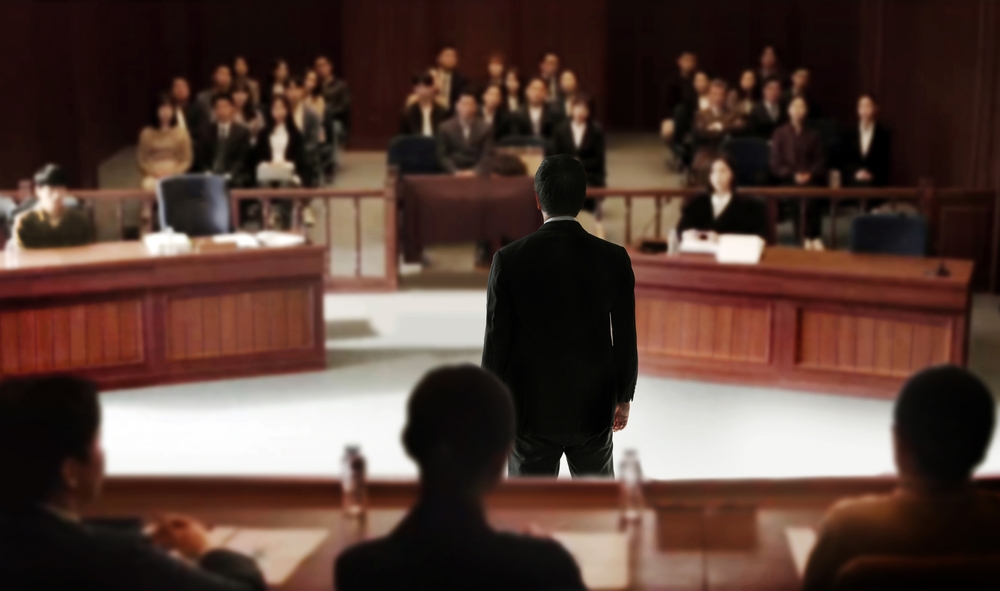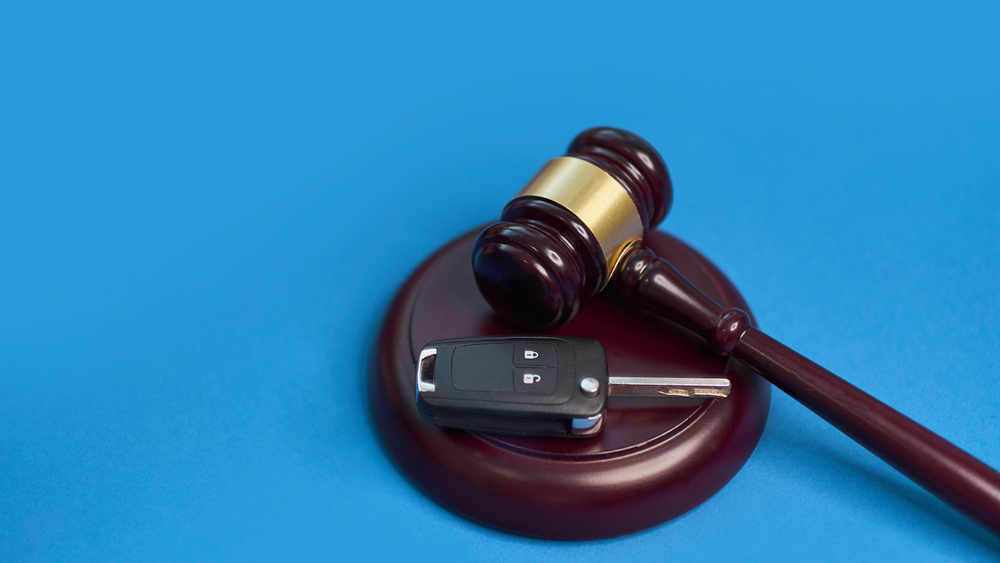In Kansas, a preliminary hearing is a legal proceeding that occurs in criminal cases at the district court level. During a preliminary hearing, also known as a preliminary examination, the prosecution presents evidence to a judge to establish probable cause that the defendant committed the felony offense(s) charged.
Here’s an overview of what typically happens during a preliminary hearing in Kansas…
- Probable Cause Determination – The primary purpose of the preliminary hearing is for the judge to determine whether there is probable cause to believe that the defendant committed the felony offense(s) charged. Probable cause means that there is sufficient evidence to suggest that a crime was likely committed and that the defendant likely committed it. This is a lower standard of proof than what is required for a conviction at trial.
- Presentation of Evidence – The prosecution presents evidence to the judge, which may include witness testimony, physical evidence, documents, and other exhibits. The evidence is presented to demonstrate that there is probable cause to believe that the defendant committed the felony offense(s) charged.
- Cross-Examination – The defense attorney has the opportunity to cross-examine the prosecution’s witnesses. This allows the defense to challenge the credibility of witnesses, question the reliability of evidence, and raise potential legal issues.
- Legal Arguments – Both the prosecution and the defense may present legal arguments to the judge regarding the sufficiency of the evidence and any legal issues that may arise during the hearing.
- Decision by the Judge – After considering the evidence and legal arguments presented, the judge will make a decision regarding whether probable cause exists to believe that the defendant committed the felony offense(s) charged. If the judge finds probable cause, the case will be “bound over” or “held over” for trial in a higher court.
A preliminary hearing is not a trial, and the judge’s decision is not a determination of guilt or innocence. The purpose of the preliminary hearing is to determine whether there is sufficient evidence to warrant proceeding to trial. If the case is bound over for trial, the defendant will have the opportunity to enter a plea and present a defense in the subsequent trial proceedings.






